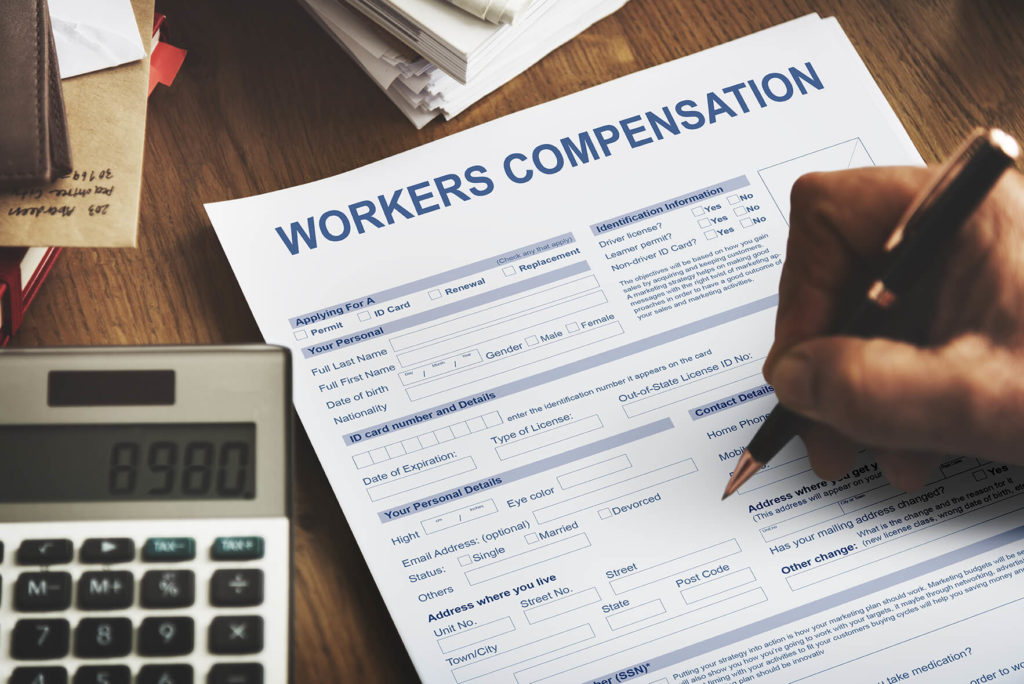If a solopreneur, independent contractor, or business owner suffers a work-related accident or illness, independent workers’ compensation insurance covers medical costs and missed earnings. This coverage ensures the self-employed can keep his company running as he/she recovers following the job accident or injury. The policies generally cost a $250 annual minimum.
Is Workers’ Compensation Insurance Necessary For The Self-Employed?
Employers are obliged by law to have workers’ compensation coverage. As for an independent contractor or self-employed individual without employees, it is usually voluntary. Nonetheless, in certain scenarios, having independent workers’ compensation insurance is necessary. These include:
- Working in a greater risk industry: Certain people are more likely to sustain an accident at work. Chemical contamination, manual labor, and repetitive gestures are only a few examples of job conditions that can necessitate workers’ compensation coverage for a self-employed individual.
- Ensure that a contract’s terms are observed: Some companies require independent contractors to bring their insurance coverage, including workers’ compensation insurance, when doing work for them. This reduces the company’s exposure and the likelihood of the company being held financially liable if a worker is injured at work.
- Meeting state requirements: For self-employed persons, workers’ compensation insurance is not always an option. Workers’ compensation laws in California, for instance, mandate roofers to obtain policies irrespective of whether they have employees.
Employees vs. Independent Contractors
To stop paying workers’ benefits, some company owners hire independent contractors instead of staff. It works, but you must be certain that you understand the difference between these two. It is usually a question of how much power the company has over its operations. Employees are given instructions regarding what, when, and, to some degree, how to perform various tasks.
In the meantime, you can distinguish independent contractors by the following characteristics:
- Provide services critical to the company’s activities
- Decide how the work is done
- Do not participate in reviews or training
- Buy their materials and equipment
- Accept jobs from other companies
- A charging a flat fee instead of a biweekly, weekly, or daily wage
The Internal Revenue Service has established only these few distinctions between employees and independent contractors. Additional assessments available in your respective state can assist you in further determining whether or not you need to obtain workers’ compensation for your staff.
Obtaining Independent Workers’ Compensation Insurance?
It is worth noting that self-employed workers’ compensation policy is not always easy to come by. If you are a freelancer, subcontractor, or independent contractor, many private insurance firms would not consider you a worthy person to insure. Blame it on the cost of insuring a single individual is usually insignificant to the insurance provider.
Throughout most states, employers are required to provide Workers Compensation coverage. When an organization hires a certain number of workers or recruit people who work in high-risk areas, the mandate normally kicks in.
Nevertheless, you can obtain independent workers’ compensation insurance through other ways. To begin, research to see whether there is an available state-funded Workers Compensation Fund in your state. Sole contractors can qualify for coverage through these funds in several jurisdictions. Conversely, you can check to see whether your employer has listed your job status incorrectly.
For help obtaining independent workers’ compensation insurance in New Jersey, consult a Union City Personal Injury Attorney. Get started by scheduling an initial consultation today with the Law Offices of Anthony Carbone at (201)-829-3829 or fill out the short online contact form.
